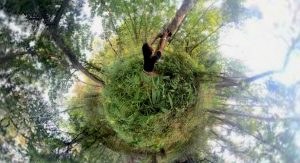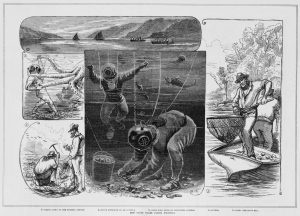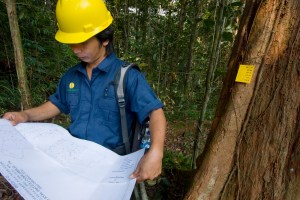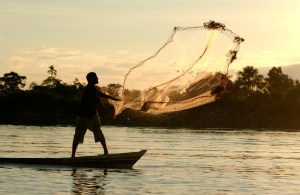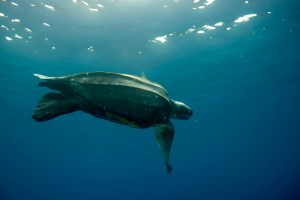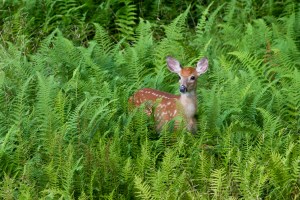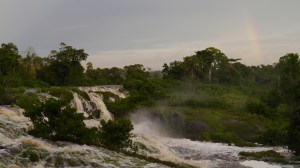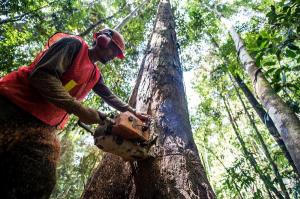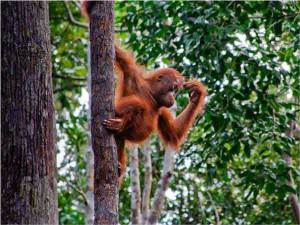Discover stories in Science Impact Project
Deciding the Fate of Myanmar’s Forests
After decades of overharvesting, Myanmar’s forests teak are at a crisis point. But with recent political change comes great opportunity.
The Hidden History of Australian Oyster Reefs
New research draws on historical data — including accounts from early explorers — to map the former extent of Australian shellfish reefs.
What If All Maps Were Secret?
Conservationists, governments, and everyday people depend upon maps every day. But we always assume that these maps will be available. In Indonesia, that hasn’t always been true.
SNAPP: Incorporating New Types of Knowledge for Conservation Solutions
Different ways of knowing often make working across disciplines hard to do, but a little emotional intelligence can go a long way.
Roadkill on the Ocean Highway: Can Experimental Fishing Reduce Sea Turtle Bycatch in the Pacific?
Sea turtles were once so abundant that they caused traffic jams in the ocean, but now longline fishing and other threats are decimating populations. Could experimental fishing techniques make the sea highways safe for turtles once more?
Deer Management Solutions: It Takes a Village. Literally.
Our communities have a problem—one that is trotting on four hooves from woods and fields right into our neighborhoods at an astonishing rate: white-tailed deer.
The Transformation of Gabon: Can Nature Make Economic Development Work Better for People?
Can Gabon find a way to achieve its development goals while protecting nature? Can valuing nature's services to people help achieve that balance?
Logging Carbon by Trailing Loggers
Reduced Impact Logging (RIL) is good for our carbon footprint, right? Not consistently, say Conservancy scientists studying logging practices in Indonesia.
How Green is Your Chainsaw?
Can a chainsaw be green? That may sound ridiculous, but in the forests of Borneo, loggers can be a critical ally in maintaining biodiversity and mitigating climate change.
